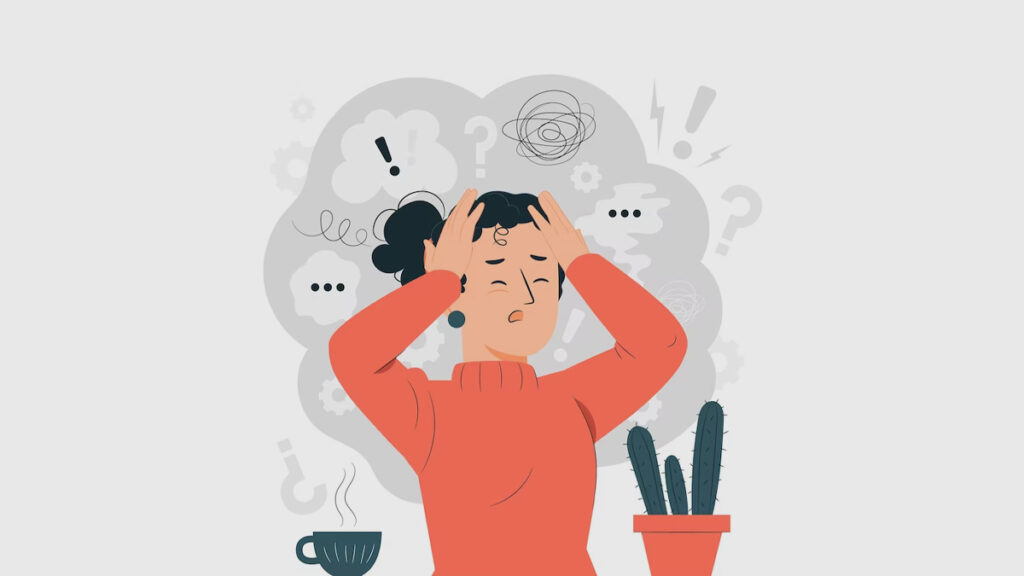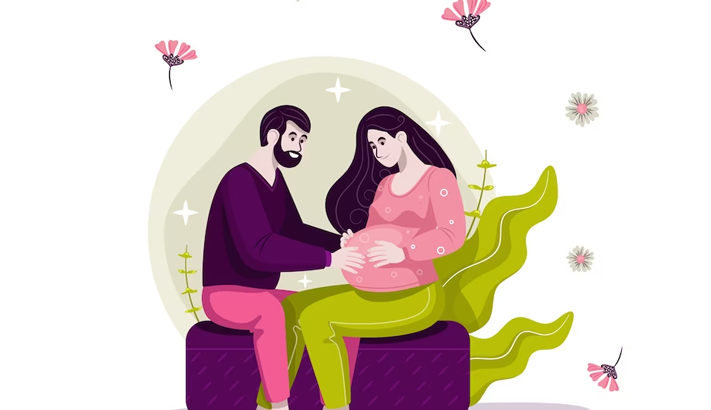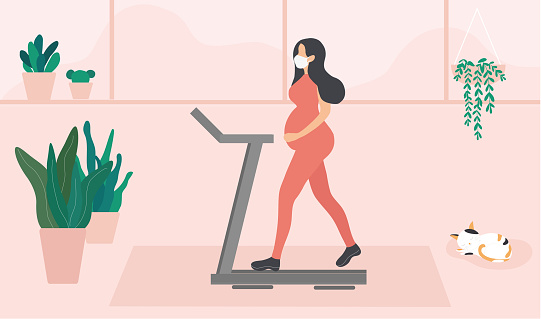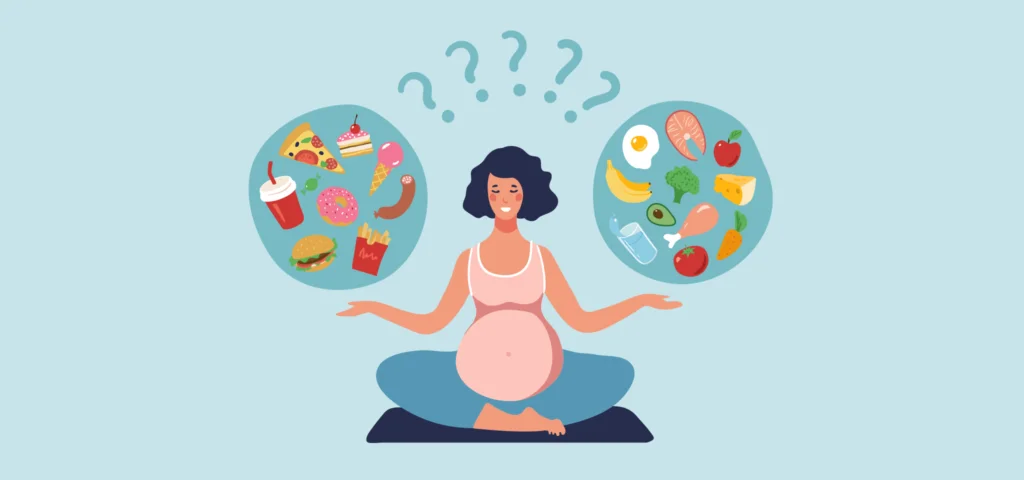In vitro fertilization (IVF) is a complex and emotionally charged process that can take a toll on both physical and mental health. Understanding the mind-body connection is crucial for managing stress during the post-IVF phase. This article explores effective strategies for stress management, emphasizing the importance of nurturing both the mind and body.
Understanding the Mind-body Connection
The mind-body connection refers to the relationship between a person’s thoughts, emotions, and physical health. Stress can manifest in various ways, including anxiety, depression, and physical symptoms such as fatigue and pain. After an IVF cycle, individuals may experience heightened stress due to the emotional investment and uncertainty surrounding the outcome.

The Impact of Stress on the Body
Stress can lead to a range of physical symptoms, including:
1. Fatigue: Chronic stress can drain energy levels, making it difficult to engage in daily activities.
2. Sleep Disturbances: Anxiety and worry can disrupt sleep patterns, leading to insomnia or restless nights.
3. Digestive Issues: Stress can affect digestion, leading to symptoms like bloating, nausea, or changes in appetite.
4. Weakened Immune System: Prolonged stress can compromise the immune system, making individuals more susceptible to illness.

Strategies for Post IVF Stress Management
1. Mindfulness and Meditation
Practicing mindfulness and meditation can help individuals stay grounded and reduce anxiety. Techniques such as deep breathing, guided imagery, and body scans can promote relaxation and enhance emotional wellbeing.
Deep Breathing: Focus on slow, deep breaths to calm the nervous system.
Guided Imagery: Visualize a peaceful scene or a positive outcome to foster a sense of hope and tranquility.

2. Physical Activity
Engaging in regular physical activity is a powerful way to manage stress. Exercise releases endorphins, which are natural mood lifters. Activities such as yoga, walking, or swimming can help alleviate tension and improve overall wellbeing.
Yoga: Incorporates both physical movement and mindfulness, making it an excellent choice for stress relief.
Walking: A simple yet effective way to clear the mind and boost mood.
please check out this reel!
The post-IVF phase can be emotionally overwhelming, making stress management essential for overall wellbeing. At Unique IVF – the best IVF center in Junagadh, we emphasize the importance of the mind-body connection in supporting patients after fertility treatment. Stress can impact physical health, sleep, digestion, and immunity, especially after an intensive procedure like IVF. Our expert team at the leading fertility centre in Junagadh recommends holistic approaches such as mindfulness, meditation, yoga, and light physical activity to promote relaxation. Personalized therapy, support groups, and creative outlets like journaling or art also help in managing post-IVF stress. Proper nutrition, hydration, and sleep further enhance emotional balance, For those seeking compassionate post-IVF support and expert fertility guidance, trust the best IVF and ICSI treatment center in Junagadh.
3. Support Systems
Building a strong support system is essential for emotional resilience. Connecting with friends, family, or support groups can provide a safe space to share feelings and experiences.
Support Groups: Joining a group of individuals who have undergone IVF can foster a sense of community and understanding.
Therapy: Speaking with a mental health professional can provide valuable coping strategies and emotional support.

4. Healthy Lifestyle Choices
Maintaining a balanced diet, staying hydrated, and prioritizing sleep are crucial for managing stress. Nutrient rich foods can support physical health and improve mood.
Nutrition: Focus on whole foods, including fruits, vegetables, lean proteins, and whole grains.
Hydration: Drink plenty of water to support overall health and cognitive function.

5. Creative Outlets
Engaging in creative activities can serve as a therapeutic outlet for emotions. Whether through art, writing, or music, expressing oneself creatively can provide relief and foster a sense of accomplishment.
Journaling: Writing about feelings and experiences can help process emotions and clarify thoughts.
Art: Creating art can be a meditative practice that allows for self-expression and relaxation.
Conclusion
The post IVF period can be a challenging time filled with uncertainty and emotional turmoil. By recognizing the mind-body connection and implementing effective stress management strategies, individuals can navigate this journey with greater resilience and wellbeing. Prioritizing mental and physical health is essential for fostering a positive outlook and enhancing the overall experience of fertility treatment.
